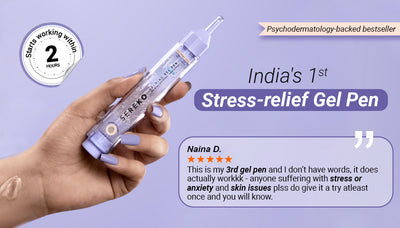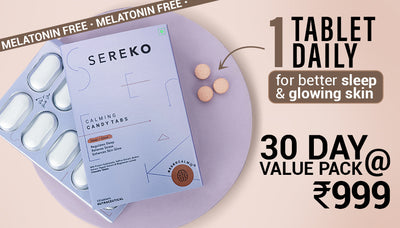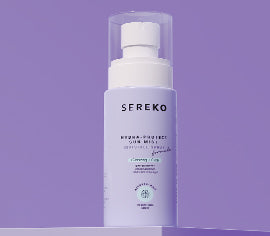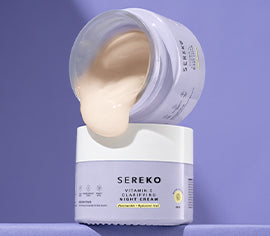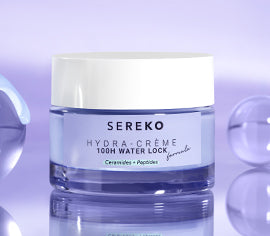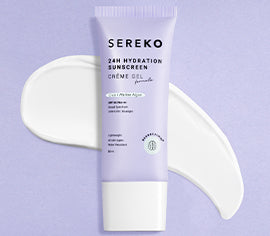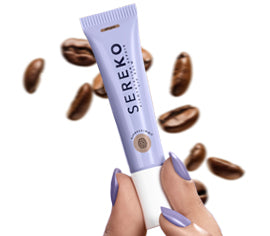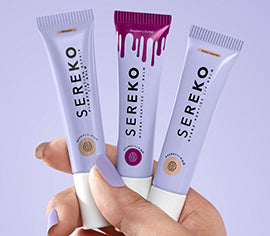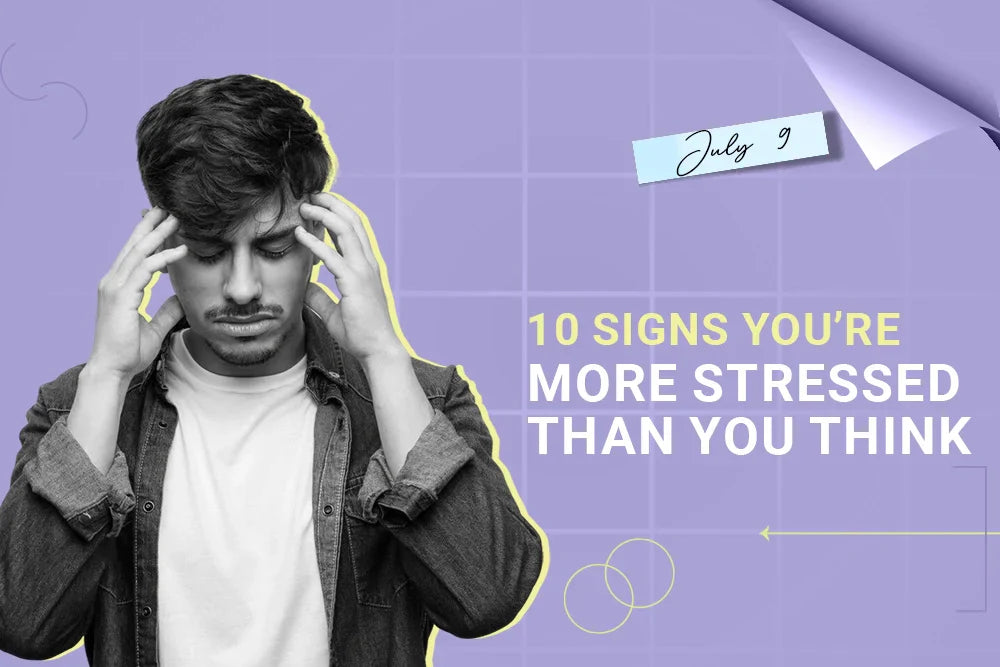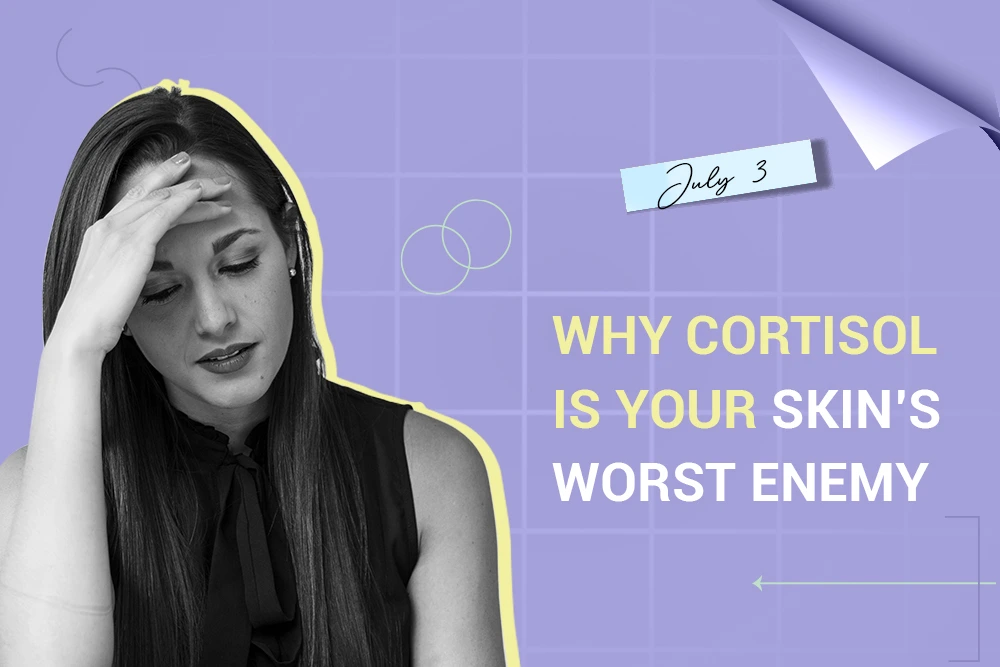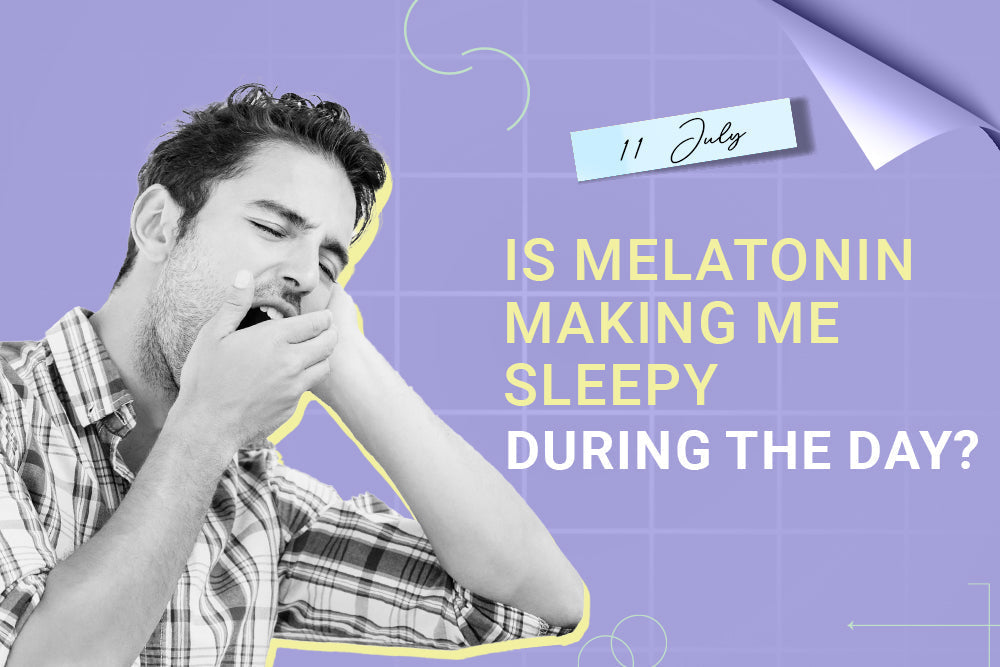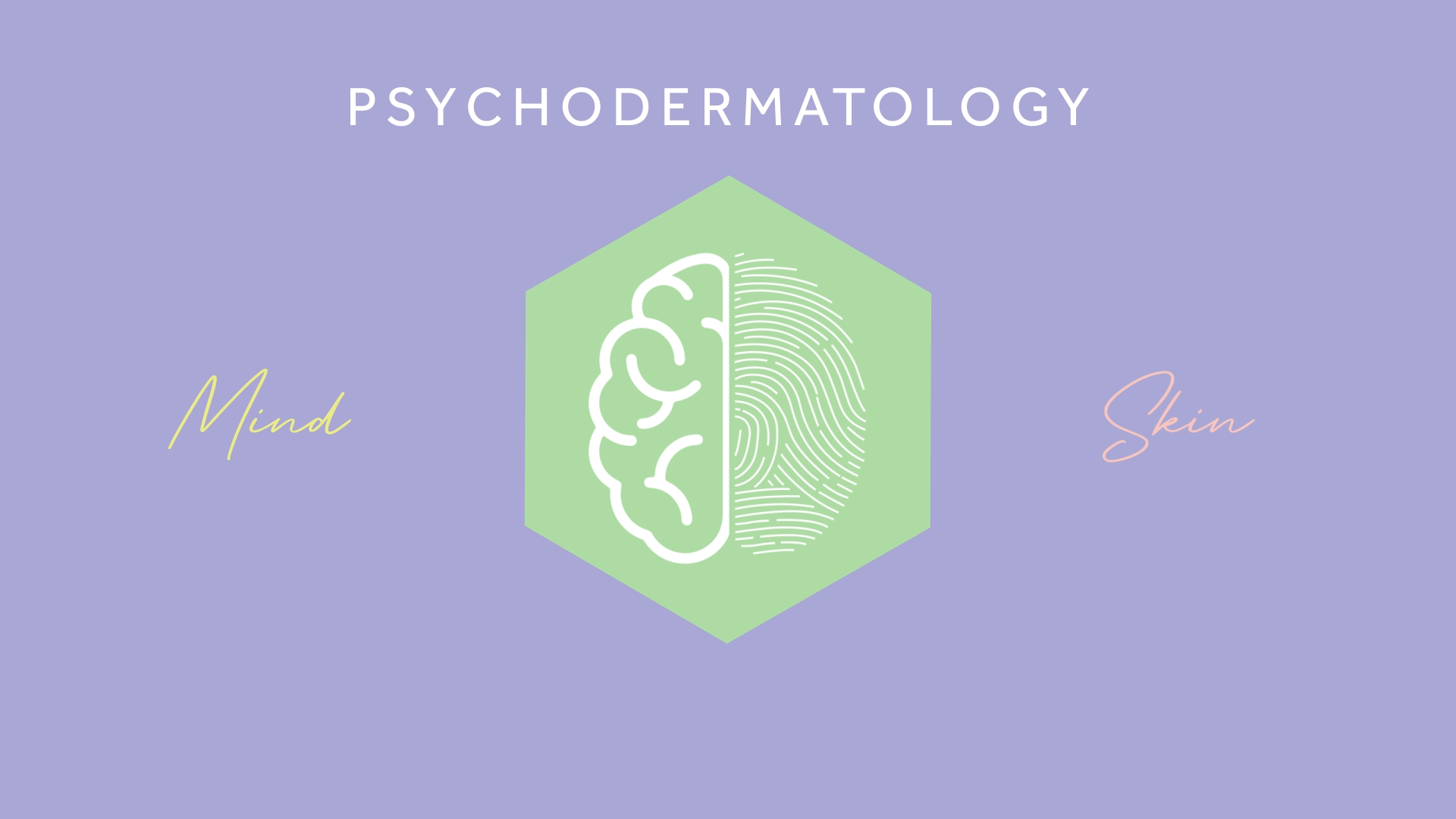Stress doesn’t always crash in with obvious symptoms. More often, it builds slowly, hidden beneath a packed schedule, too many notifications, or a week of poor sleep. It slips into everyday life until it starts showing up in places you can’t ignore: your skin, your mood, and your sleep.
The signs are often subtle but important. A short temper here, a digestive issue there. If you’ve found yourself saying things like “I’m just tired” or “It’s probably nothing,” this might be the reminder you need to slow down and check in with yourself.
Here are ten signs that your body might be experiencing more stress than you’ve realised and gentle, practical ways to help restore balance.
1. Breakouts in places you don’t usually get them
Sudden breakouts around the jawline, cheeks, or forehead can be your skin’s way of telling you it’s overwhelmed. When stress levels rise, your body produces more cortisol. That leads to increased oil production, clogged pores, and inflammation. Even if your skincare routine hasn’t changed, your skin might be reacting to what’s going on internally.
Taking a gentler approach to skincare can help here. Look for calming, non-stripping products and focus on restoring balance, not just drying out the spots.
2. Skin that looks dull or tired, no matter how much you moisturise
When you’re under constant pressure, blood flow gets directed away from the skin and toward vital organs. Less circulation means your skin misses out on the nutrients and oxygen it needs to stay healthy and radiant. At the same time, cell turnover slows down, which makes skin look flat and uneven.
Even small things can help bring back some life to your complexion. Getting outside for a bit of sunlight, moving your body, or just drinking more water can gently wake your skin up again.
And if you need that extra push, try experimenting with our brightening range for that refreshed and rejuvenated skin that was once disrupted by stress!
3. Products that suddenly sting or stop working
If your skin has become extra sensitive out of nowhere, it could be a sign your barrier is compromised. Stress weakens the outer layer of the skin, making it harder to retain moisture and easier for irritants to sneak in. This often shows up as redness, itchiness, or a burning feeling when applying products that normally feel fine.
It’s a good time to strip things back to basics. Stick to fragrance-free, barrier-repairing products like Hydra-Crème and avoid introducing anything new until things calm down.
4. Dark marks and spots that take forever to fade
Post-breakout marks that linger longer than usual can also be linked to stress. High cortisol levels and inflammation slow down the skin’s ability to heal. This is especially common if you tend to pick at spots when you’re anxious or overwhelmed.
Fading pigmentation takes time, but supporting your skin with gentle brightening ingredients and patience can help. More importantly, addressing the stress that’s triggering these flare-ups in the first place can reduce how often they happen.
5. Poor sleep that’s showing on your face
When you don’t sleep well, your skin misses its prime time to repair and reset. Cortisol stays high, and you wake up feeling puffy, dehydrated, or just… off. Even one bad night can leave your skin looking tired. Several nights in a row can start to affect how it functions overall.
Creating small bedtime rituals like switching off your phone early, drinking a calming tea, or doing your skincare slowly can make a real difference. Quality sleep helps everything work better, including your skin.
Also before you jump into melatonin for that extra help, try switching to our magnesium-powered Candy Tabs. Magnesium helps you relax and fall asleep naturally, without the next-day grogginess or messing with your body’s circadian rhythm.
6. Red patches or flare-ups that come out of nowhere
Stress doesn’t just affect your mood. It can also trigger the immune system, which is why skin conditions like eczema, psoriasis, or rosacea often get worse during stressful times. Even if you don’t have a diagnosed condition, you might notice your skin randomly flaring up.
Being consistent with a calming routine and choosing products that reduce inflammation can make flare-ups less intense. Taking time to slow down when you notice a flare starting also helps more than we often realise.
7. Strong cravings and more breakouts after
Stress and cravings often go hand in hand. The body looks for quick fixes like sugar, salty snacks, or caffeine to cope with the pressure. These foods can increase inflammation, spike blood sugar, and leave your skin more prone to breakouts, especially around the chin or jaw.
You don’t need to be strict with yourself, but balancing those cravings with nourishing meals helps. Even simple things like adding more fibre or healthy fats to your day can reduce the intensity of stress-fueled breakouts.
8. Digestive issues that start to show on your skin
Your gut and your skin are more connected than they seem. When stress affects digestion, through bloating, irregular appetite, or discomfort, it often shows up on your skin too. If your body isn’t absorbing nutrients properly, your skin doesn’t get what it needs to stay healthy.
Eating more mindfully, not rushing through meals, and taking a few deep breaths before eating can help calm both your digestion and your skin.
9. Restless energy, even when you’re exhausted
You finally get a break, but your body won’t let you relax. That tired but wired feeling is common when stress hormones are constantly firing. It’s not just your energy that suffers, your skin might look puffy, feel tight, or appear more inflamed than usual.
Doing something grounding can help calm your system. That could be stepping outside without your phone, washing your face with cold water, or even lying down for five minutes with your eyes closed.
10. Your skin is healing slower than usual
Got a scratch that’s taking forever to fade? Or a breakout that just won’t clear up? Stress doesn’t just trigger skin issues, it also slows down your skin’s natural ability to heal. Elevated cortisol can interfere with collagen production and tissue repair, meaning everything from pimples to minor cuts or flare-ups may linger longer than usual.
This delayed healing is your skin’s way of saying it’s under pressure. Supporting it with barrier-strengthening ingredients, anti-inflammatories, and a calmer lifestyle can help speed up recovery from the inside out.
Conclusion
Recognizing these signs is a powerful first step. The next? Creating space for yourself to slow down, reset, and feel supported. Whether it’s through daily routines, small lifestyle shifts, or finding skincare that helps, stress doesn’t have to run the show.
At SEREKO, we’ve created a calming range designed for moments just like these. Our Calming Gel Pen is made to soothe stressed-out skin on the go, while our Calming Candy Tabs support your body’s stress response from within, gently, naturally, and without the fog.
You don’t need to overhaul your life to feel better. Sometimes, the smallest things make the biggest difference.
Take your time. Check in with yourself. And if you need a little support, we’re here to help.
